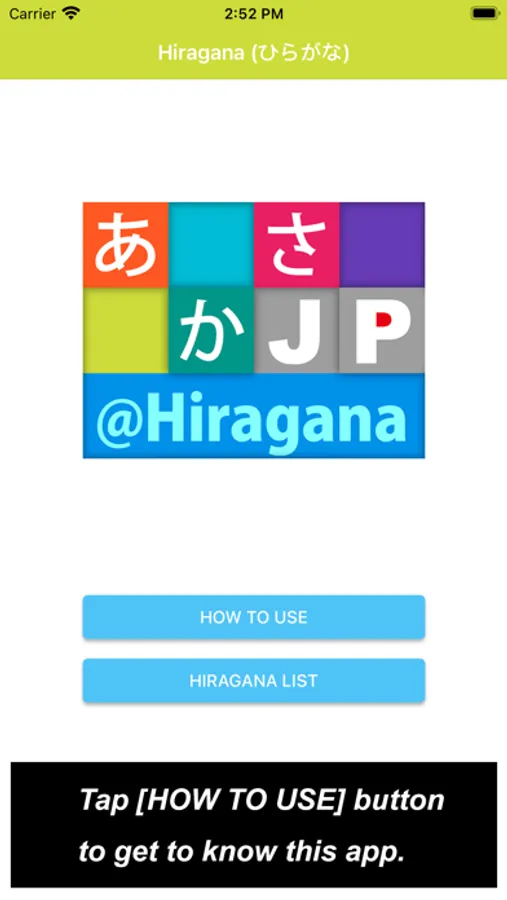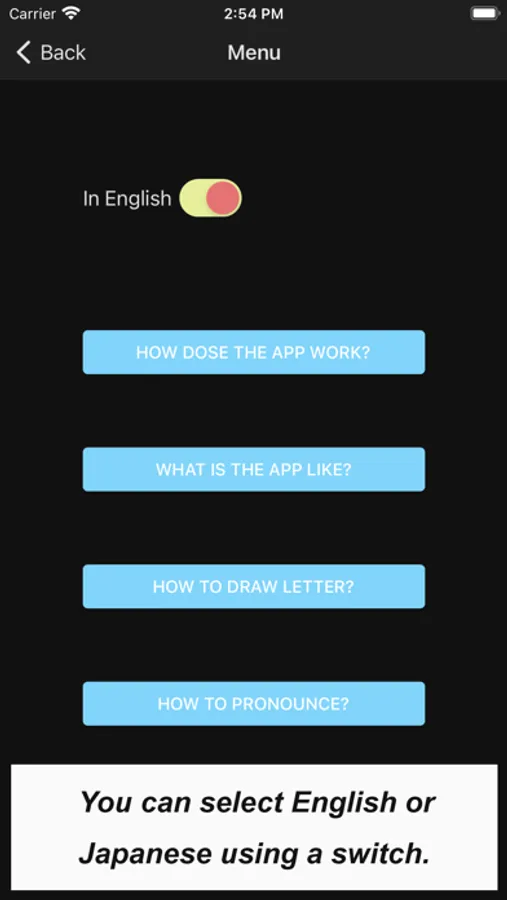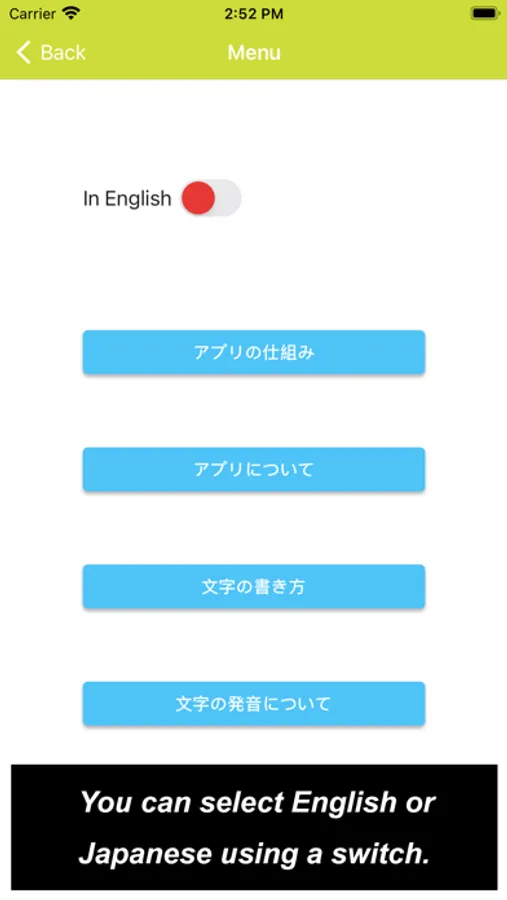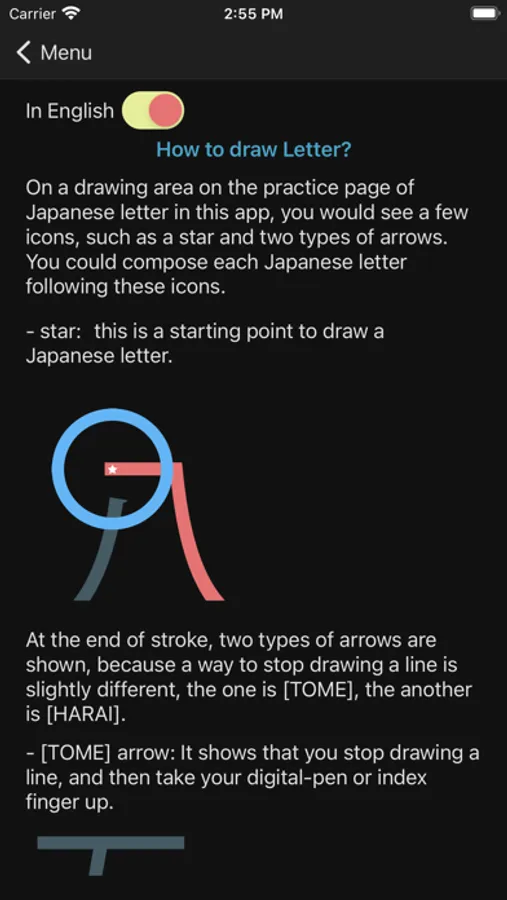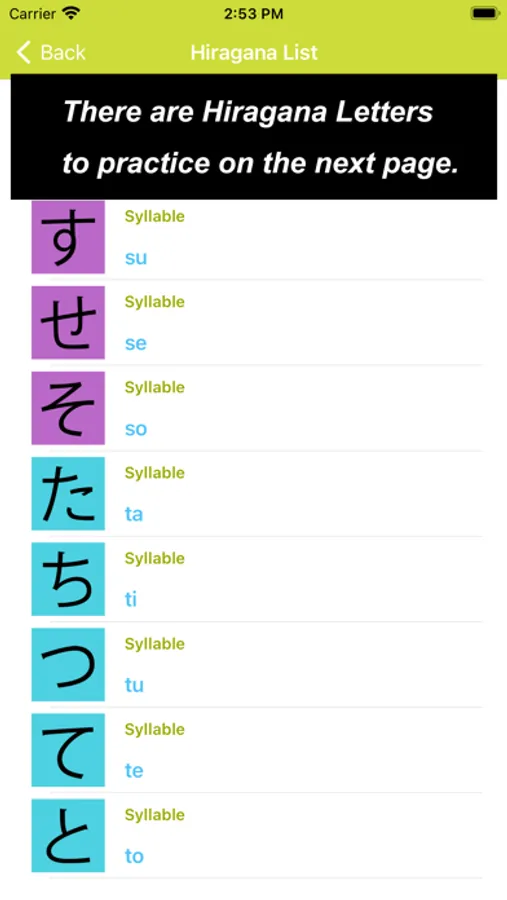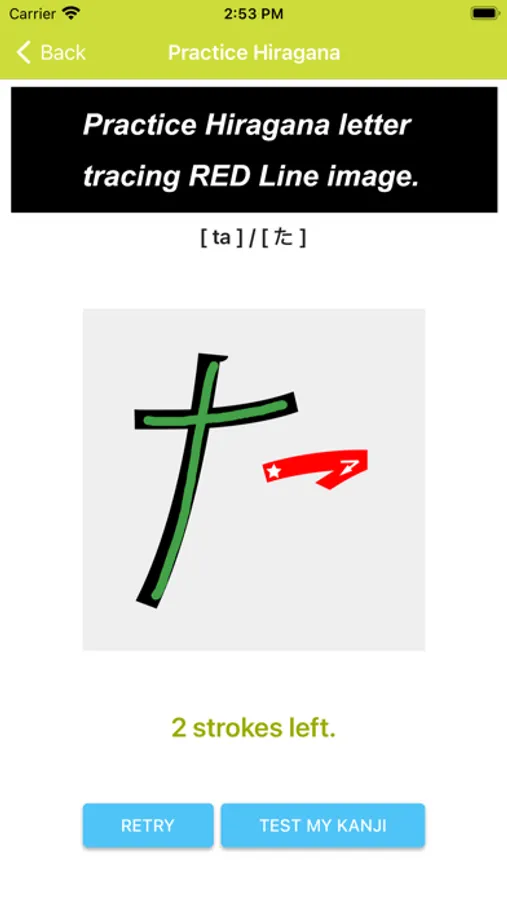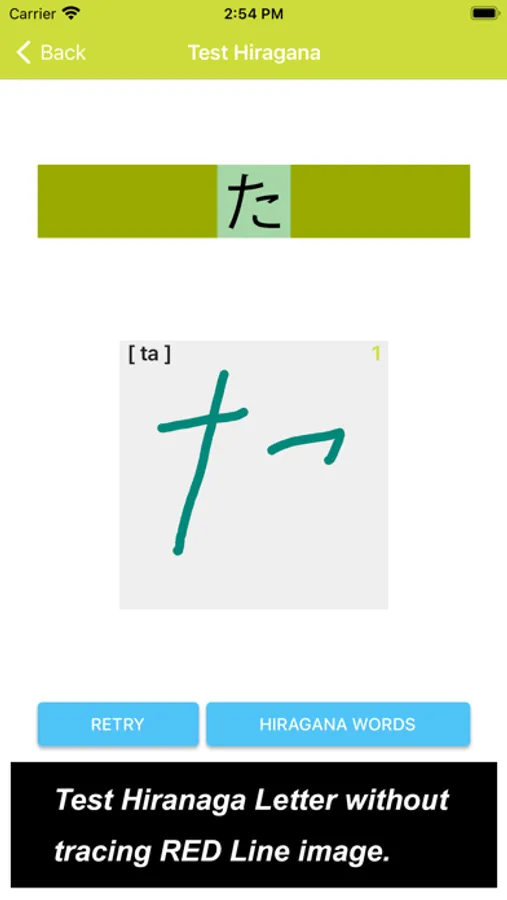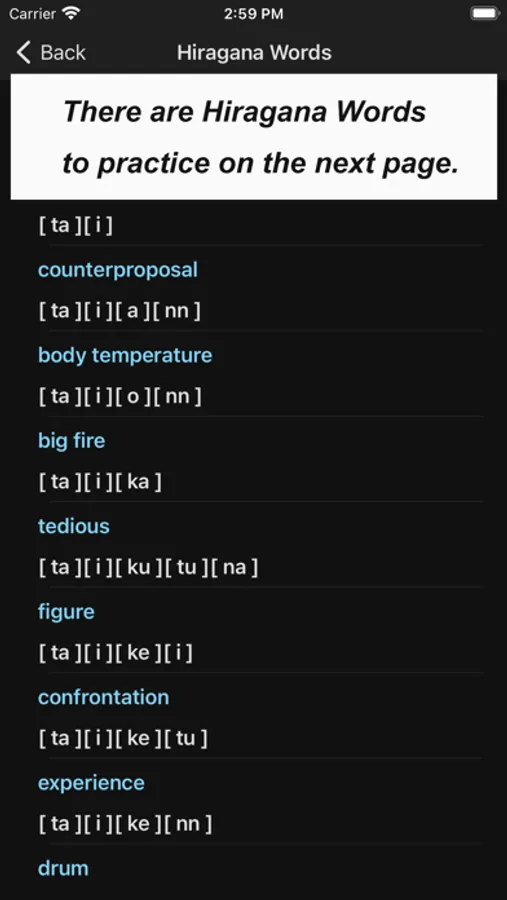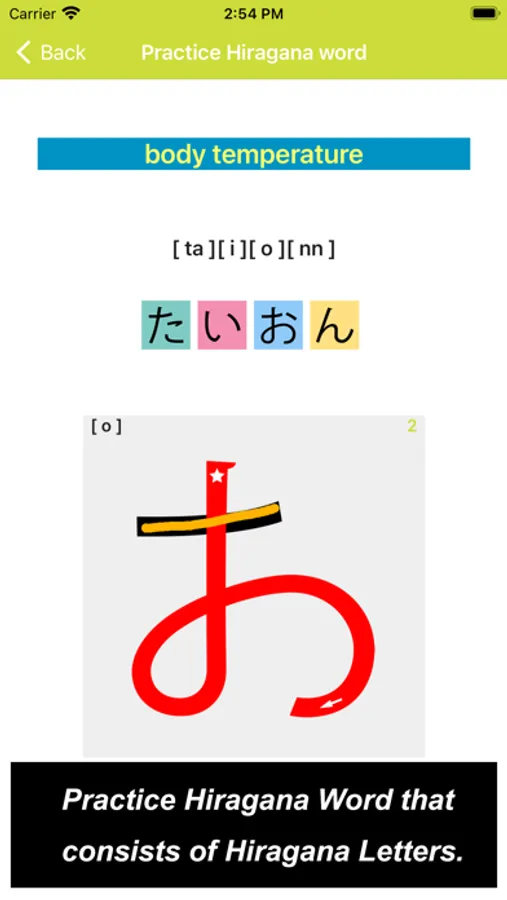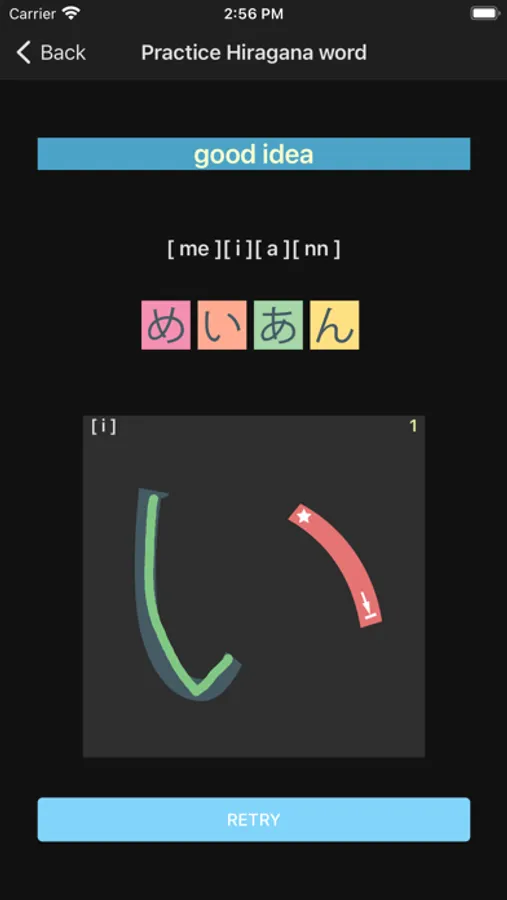JP Hiragana:ひらがな
Hajime Sasaki
Free
About JP Hiragana:ひらがな
In Japan, we are taught how to read and write Hiragana during the first grade (Age 6). Once you got it, you would be able to write a letter or mail in Japanese however the face of the mail, that written in Japanese used only Hiragana, is not the same one as what you would see in the newspaper.
Unless you write a children’s picture book, you are supposed to write Japanese text using not only Hiragana but also Kanji character, Chinese character in other words.
Here is an example.
Let’s say, if you want to say that you like warm weather.
If you only use Hiragana to write this, it would be
(A) わたし は あたたかい きこう が すき です
[watasi wa atatakai kikou ga suki desu].
Then, if you replace some words with Kanji character, it would be
(B) 私 は 暖かい 気候 が 好き です
[watasi wa atatakai kikou ga suki desu].
As you see, even though the face of (A) is different from the face of (B), both of them are exactly the same meaning.
What is difference is that some words are replaced to Kanji character, such as
- わたし or 私, means [ I ].
- あたたかい or 暖かい, means [ warm ].
- きこう or 気候, means [ weather ].
- すき or 好き, means [ like ].
You might wonder why only 4 words are replaced to Kanji and what about other words. The answer is that these 4 words are replaceable words to Kanji character.
You might also think why Japanese people use not only Hiragana but also Kanji character. As my understanding, it would be more concise, and also more easy to read, I suppose.
What you would see in this app is a list of Hiragana letters. If you tap one of those letters, you can practice how to draw its letter.
Enjoy drawing Hiragana letters!
Unless you write a children’s picture book, you are supposed to write Japanese text using not only Hiragana but also Kanji character, Chinese character in other words.
Here is an example.
Let’s say, if you want to say that you like warm weather.
If you only use Hiragana to write this, it would be
(A) わたし は あたたかい きこう が すき です
[watasi wa atatakai kikou ga suki desu].
Then, if you replace some words with Kanji character, it would be
(B) 私 は 暖かい 気候 が 好き です
[watasi wa atatakai kikou ga suki desu].
As you see, even though the face of (A) is different from the face of (B), both of them are exactly the same meaning.
What is difference is that some words are replaced to Kanji character, such as
- わたし or 私, means [ I ].
- あたたかい or 暖かい, means [ warm ].
- きこう or 気候, means [ weather ].
- すき or 好き, means [ like ].
You might wonder why only 4 words are replaced to Kanji and what about other words. The answer is that these 4 words are replaceable words to Kanji character.
You might also think why Japanese people use not only Hiragana but also Kanji character. As my understanding, it would be more concise, and also more easy to read, I suppose.
What you would see in this app is a list of Hiragana letters. If you tap one of those letters, you can practice how to draw its letter.
Enjoy drawing Hiragana letters!
